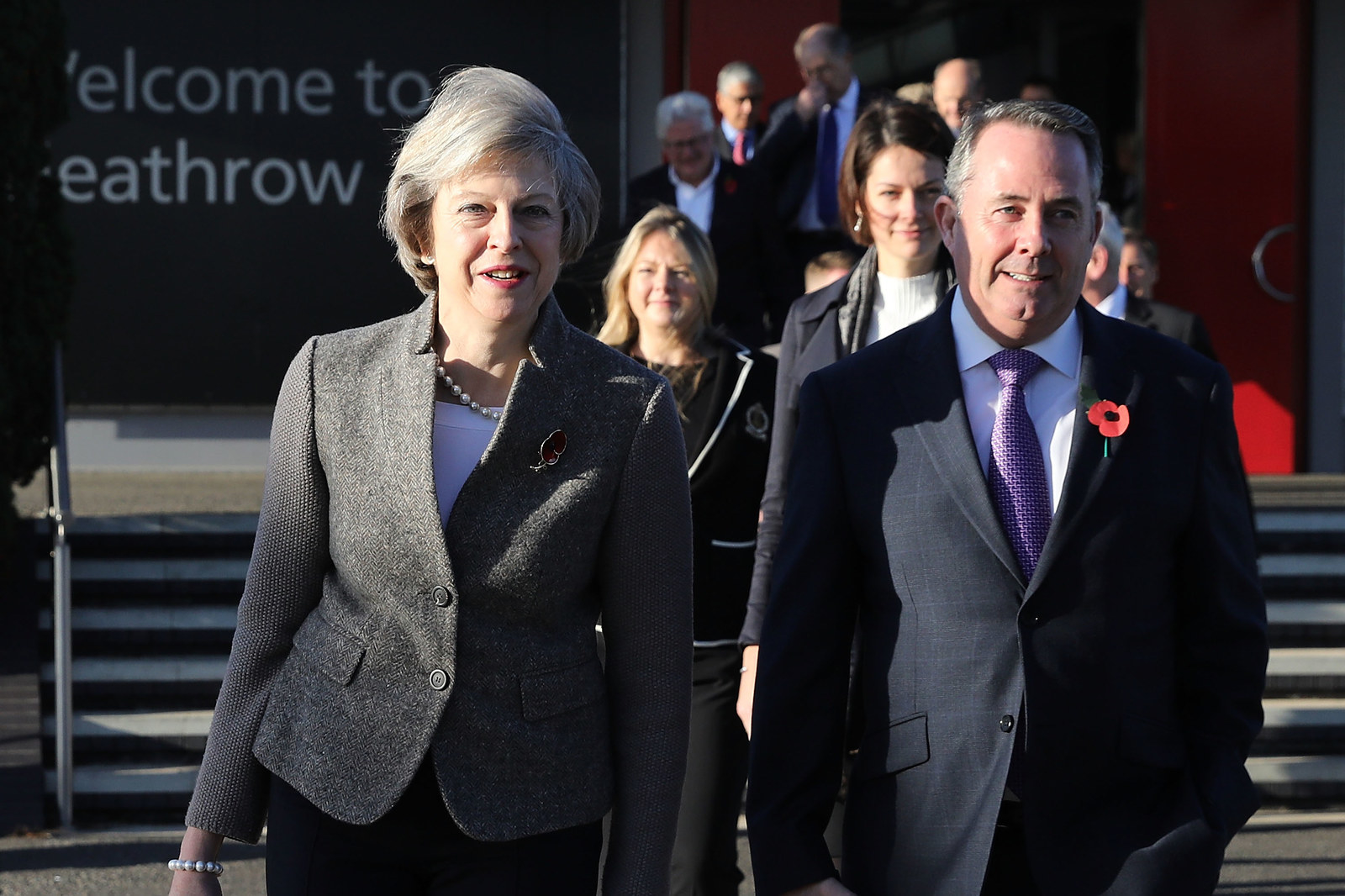
The campaigner who challenged the government over whether they have the right to lead Britain out of the EU without a full debate in parliament has warned of a rise in hateful sentiment in light of the abuse she received following the court case.
On Thursday, the High Court ruled that Theresa May requires the approval of parliament before she can begin the formal process to the leave the European Union, in an unexpected decision that could delay Brexit.
"It’s brought out a side of society where the dark clouds are definitely gathering," Gina Miller, who took the challenge to the high court told the Andrew Marr Show on Sunday.
She later added that May could not use the "royal prerogative" to trigger Article 50 without parliamentary approval "because we do not live in a tin-pot dictatorship".
"We live in a country that has a sovereign parliament. So you can’t win back parliamentary sovereignty at the very moment that you sidestep it," Miller continued.
Since the ruling, Miller has received a torrent of abuse, both from news outlets and on social media, while the judges who oversaw the case have been the subject of "hysterical" headlines in several national newspapers.
On Saturday, Lord Chancellor Liz Truss was forced to defend the “independence and impartiality,” of the judiciary as a result.
Abuse has been 'shameful' says @thatginamiller #marr https://t.co/9SaYLX2Hma
Miller said she was "aware there would be nastiness", but that "every 'ism' you can think of: sexism, racism, homophobia," had bubbled up following the court case.
UKIP leader and Brexit figurehead Nigel Farage appeared to defend a growing frustration among people who believe that Britain's departure from the European Union might now be at risk.
"Believe you me, if people in this country think that they’re going to be cheated,
they’re going to be betrayed, then we are going to see political anger, the
likes of which none of us in our lifetimes have ever witnessed in this country," Farage said also appearing on BBC's Andrew Marr Show.
"Those newspaper headlines are reflecting that."
Farage said that if the High Court ruling led to a thwarting of Brexit, Miller would likely be the recipient of further abuse, just as he believed he had been for many years at the hands of "tax-payer funded hate-mobs chasing me around
Britain".
He added that Miller's campaign to force the government to seek parliamentary approval on Brexit negotiations was betraying the will of the British people.
If Brexit is delayed or blocked, Farage told Miller, "you will have stirred up the biggest political upset we have ever seen".
Nigel Farage and Gina Miller clash over Brexit #marr https://t.co/kC3sa2WE3o
Nonetheless, Miller stood by her decision to challenge the government over their plans to begin Brexit negotiations without the approval of parliament, emphasising that the High Court ruling had only reinforced the need for parliamentary sovereignty that Brexit advocates had campaigned for all along.
"The elephant in the room was the government was going to use something that would give them dictatorial powers," Miller said.
"We have the rule of law. It’s British judges in a British court who have made a decision about how we leave, now get on and leave. Why is [May] so afraid of having this debate?" Miller later added.

Writing in the Sunday Telegraph, the prime minister, who plans to challenge Thursday's High Court ruling in the Supreme Court, reiterated that there will be no going back on Brexit.
"Parliament voted to put the decision about our membership of the EU in the hands of the British people," May wrote. "The people made their choice, and did so decisively. It is the responsibility of the government to get on with the job and to carry out their instruction in full."
Labour has set out a series of demands, which Jeremy Corbyn has said must be met, or the party would use their vote in parliament to block the triggering or Article 50.
Their four "bottom lines" on Brexit negotiations include access to the single market, protection of EU workplace rights, safeguarding of consumers and the environment, and that Britain must not incur the cost of EU capital investment lost as a result of leaving the EU.
